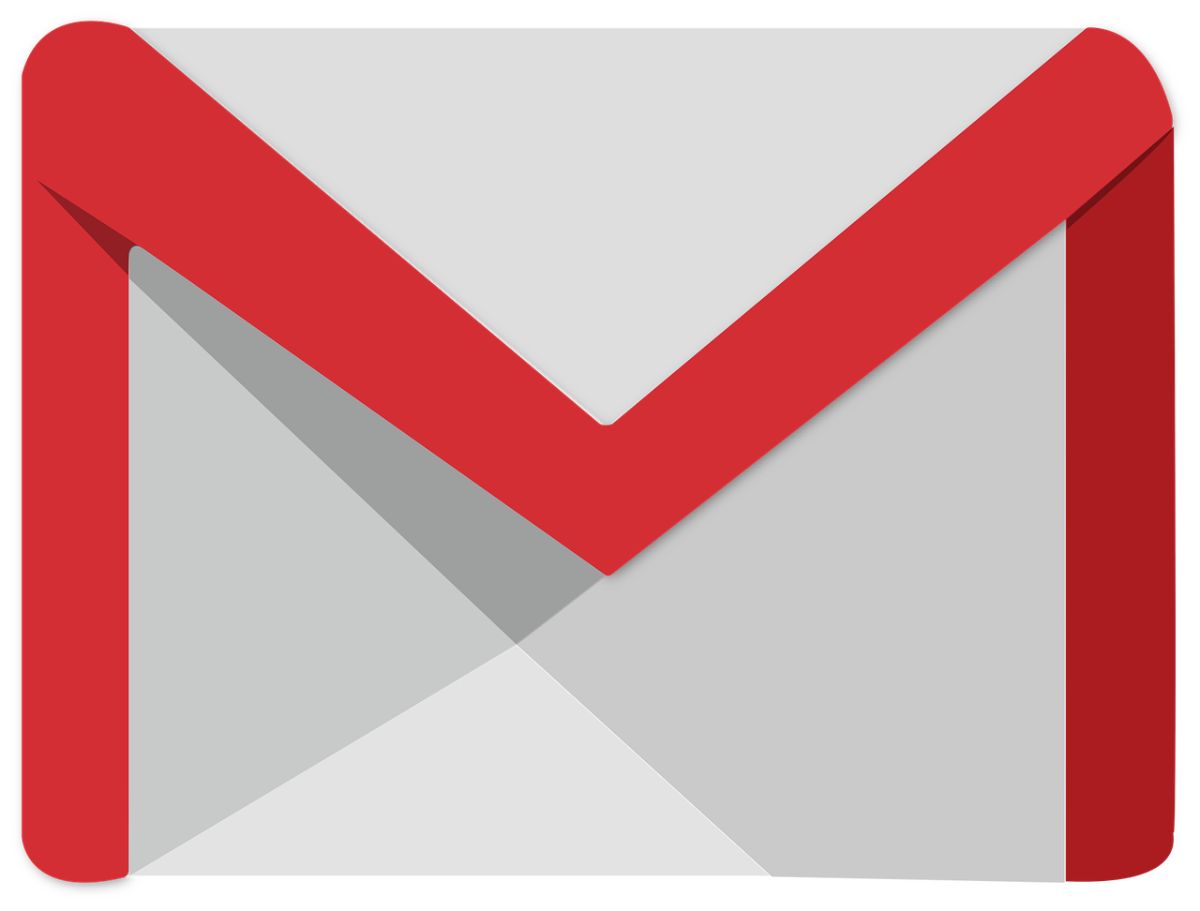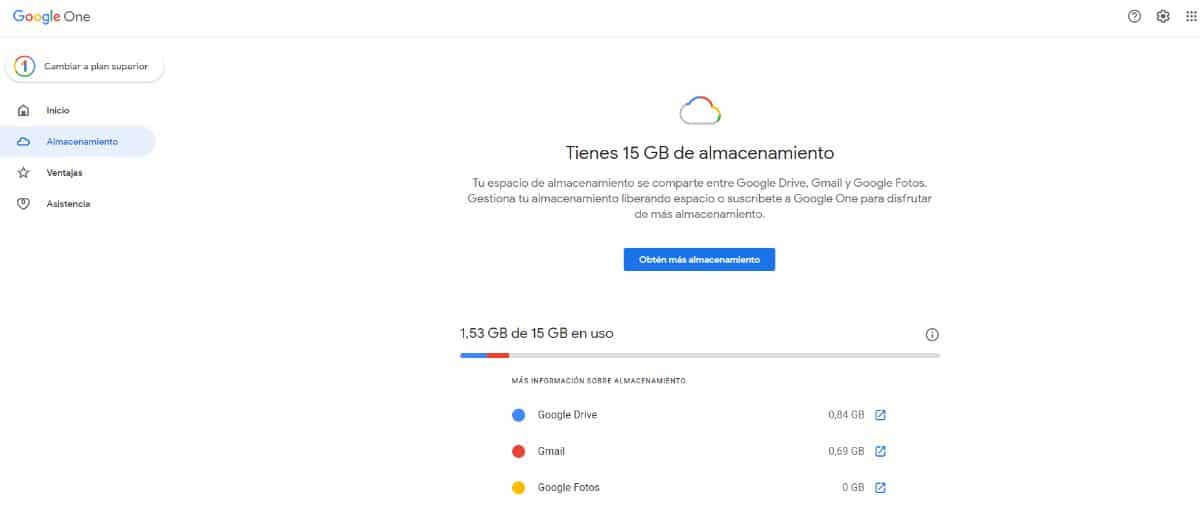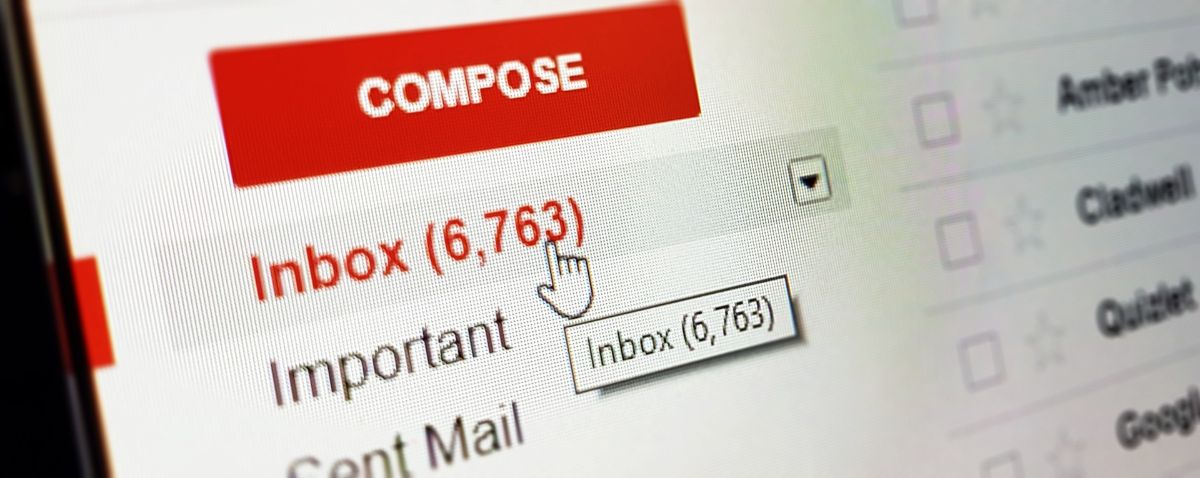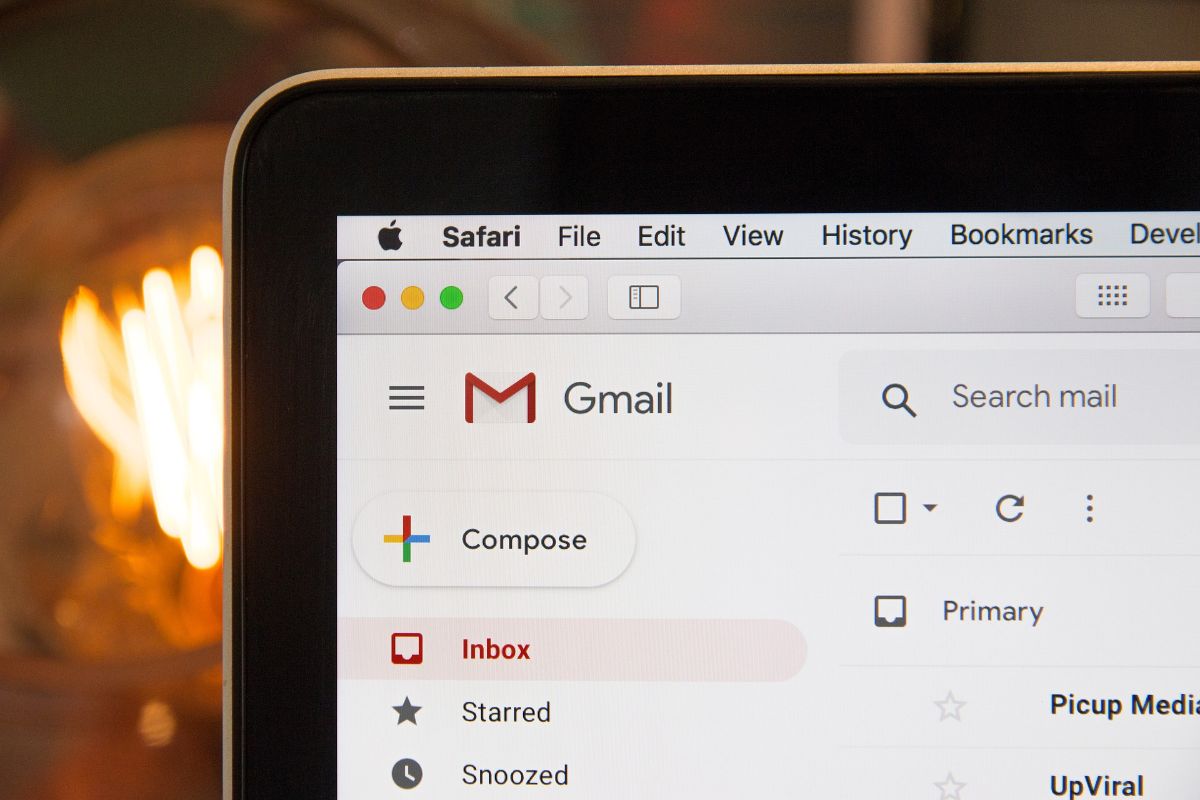
Gmail has become one of the most used email services. Who else and who least has an email address with the Google program (there are those who do not have one but many). The problem is that it only offers 15 gigabytes of free space.. How to free up space in Gmail so you don't run out of that mail?
That is what we are going to deal with this time. We will give you some tricks that can come in handy to prevent you from running out of it and, thus, not having to go through this unpleasant surprise.
What happens if you run out of space in Gmail
The first thing is to know what happens. As we have told you before, Gmail offers you 15 gigabytes for free so you can use them however you want. But when you run out of that space, Gmail contacts you.
Some of the situations you will experience will be:
- Not being able to send emails.
- You will not be able to receive any messages. Those who try will receive an email saying that your account does not have space to hold their message.
In other words, you will be without that email.
And this is a big problem if it is the one you use for important topics.
How to know how much space you have available

If you've already been scared and now you want to know how much space you have left to put you in a state of panic or go more relaxed, there is a way to do it.
In fact, There are two ways.
The first You will see it as soon as you enter Gmail. Yes, on your computer; on mobile you will not see it. If you look at the screen, below, on the left, you have a message where they tell you what you have occupied and the space that you have free. If you click Manage, then it allows you to know what you use the most, if Google Drive, Gmail, Photos...
The other option is to access, either from the computer, a tablet or your mobile to this link which takes you to the same old admin page to see the same.
How to free up space in Gmail

Now you know how to know how much you have. But that does not help you free up space in Gmail, so we are going to give you some tricks so that you can not worry and continue to have your Gmail account operational for much longer.
The simplest: goodbye to the message bin
Do you know that when you delete a received message, it does not disappear completely? In fact, goes to your trash folder. And there it will stay for 30 days.
If you receive a lot of heavy emails, they will pile up in your trash, which means that there will come a time when it occupies a considerable percentage of your 15Gb. The solution? Hit empty trash now.
That way, you'll already be freeing up some space.
Eliminate spam
Do you check the spam folder from time to time? Not only can important messages end up there (sometimes Gmail puts them in the folder because that person uses Gmail a lot or considers him to be a spam contact), but, if too many accumulate, it can weigh a lot. So, from time to time, do the same as in the trash: say goodbye.
Old messages, why keep them?
If you have been with your Gmail email for a long time I'm sure you have thousands of messages. Or millions. But, are you really interested in an email written five, seven or ten years ago? Sure not, so why not clean up a bit and free up space in Gmail by discarding messages What do you no longer care about?
Yes, it is heavy, and you will most likely have to go through them little by little, but better than losing your mail.
Get rid of heavy emails (if they don't work for you, of course)
Sometimes the emails we receive are quite heavy. Remember that you can send emails with up to 25Mb, which implies that all of them will occupy space. So you can make a selection so that Gmail only removes the emails that weigh more than a certain amount, review them and delete the ones that do not serve you.
How do you do that? We tell you.
You must first open Gmail on your computer. Next, you will see an email search engine (also web but we need the email one) and, at the other end of the search engine, a down arrow. If you give her, you will reach the advanced search. There, look for “Size”. Make it "greater than" and then put 10MB, or 5 or whatever you want.
Give it a search and it will remove the emails that weigh more than what you have put. You will only have to see if they are important and, if not, you can delete them.
Another more direct way is to put the following in the search engine: “has:attachment larger:10M” (you can change 10 to whatever number you want).
Don't forget about Google Photos and Google Drive
The 15Gb you have free, are not only for Gmail, but you also share them with Google Photos and Drive. That means if you have a lot of photos or documents in Drive, these may be taking a good part of your quota.
So once you're done with the mail, if you're still getting a lot of mail,or better is that you review the photos and documents that you have in these two tools and remove what is not useful to you. If it is old, or you already use it, it is silly to have it there and you will be able to free up Gmail space to avoid more serious problems.
What if I can't get rid of anything

You may find yourself in the situation that everything you have is important, and you find yourself unable to delete anything because you need it. In that case, do you lose the mail? Do you have to create another? Well, you don't have to.
gmail too allows you to buy space. In other words. You have the 15GB free plan. But if you can't get rid of anything or free up space in Gmail, you can sign up for a membership plan.
In fact, the basic will give you 100GB and you will pay 1,99 per month or 19,99 euros per year. And if you need more, they have another plan, 200GB, to pay 2,99 per month or 29,99 per year. And for those who need a lot, a lot of space, they have the 2TB one, for 9,99 per month or 99,99 per year.
Do you know more tricks to free up space in Gmail? Tell us!